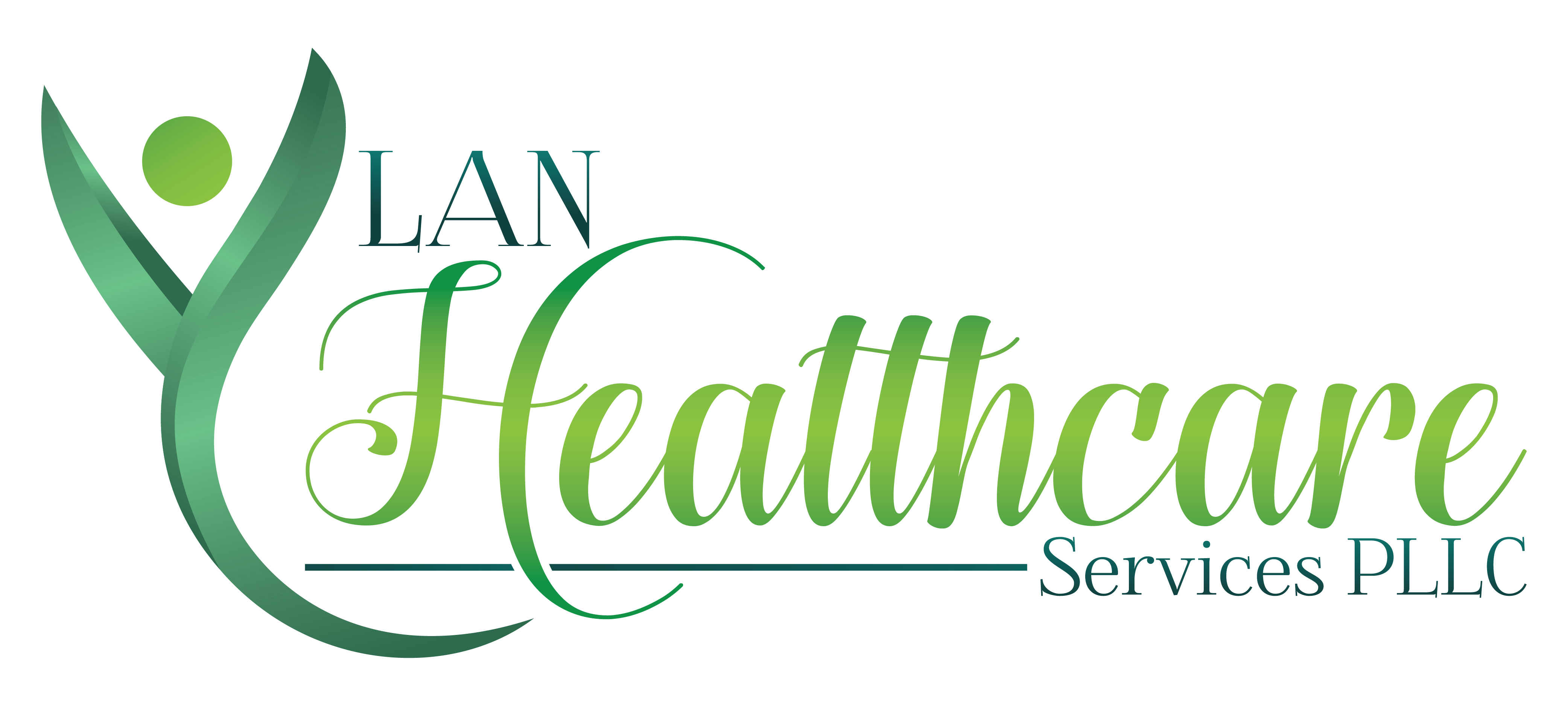Preventive healthcare is a proactive approach to maintaining good health and preventing disease before it occurs. Regular check-ups are a cornerstone of this strategy, allowing healthcare providers to detect potential health issues early when they are often more treatable and manageable. By prioritizing preventive care, individuals can significantly improve their long-term health outcomes and quality of life.
One of the primary benefits of regular check-ups is the early detection of diseases. Conditions such as high blood pressure, diabetes, and certain cancers can develop without noticeable symptoms in their early stages. Routine screenings and examinations can identify these conditions before they progress, enabling timely intervention and treatment. For instance, regular mammograms can detect breast cancer early, significantly increasing the chances of successful treatment.
Preventive care also plays a crucial role in managing chronic conditions. Regular monitoring and follow-up appointments help ensure that chronic diseases like diabetes, hypertension, and heart disease are kept under control. Healthcare providers can adjust treatment plans, provide lifestyle recommendations, and offer support to help patients manage their conditions effectively. This ongoing care can prevent complications and improve patients’ overall quality of life.
In addition to disease detection and management, preventive healthcare emphasizes the importance of vaccinations. Immunizations protect individuals from various infectious diseases, such as influenza, measles, and pneumonia. By staying up-to-date with recommended vaccines, individuals not only protect themselves but also contribute to community health by reducing the spread of contagious diseases.
Preventive healthcare extends beyond physical health to encompass mental and emotional well-being. Regular check-ups provide an opportunity for healthcare providers to assess mental health and offer support for conditions such as depression, anxiety, and stress. Mental health screenings and discussions during check-ups can help identify issues early and connect patients with appropriate resources and treatments.
Lifestyle counseling is another key component of preventive healthcare. During regular check-ups, healthcare providers can offer guidance on healthy eating, physical activity, smoking cessation, and alcohol consumption. These lifestyle factors have a significant impact on overall health and can help prevent a wide range of diseases, including heart disease, diabetes, and certain cancers. By addressing these factors early, individuals can make positive changes that reduce their risk of developing serious health issues.
The financial benefits of preventive healthcare should not be overlooked. While there may be costs associated with regular check-ups and screenings, these expenses are often much lower than the costs of treating advanced diseases. Early detection and intervention can prevent the need for more extensive and expensive treatments down the line. Additionally, many insurance plans cover preventive services at little or no cost to the patient, making it easier for individuals to prioritize their health.
Despite the clear benefits of preventive healthcare, many people still neglect regular check-ups. Barriers such as lack of awareness, fear of medical procedures, and concerns about costs can prevent individuals from seeking preventive care. To overcome these barriers, it is important to educate the public about the value of regular check-ups and make healthcare services more accessible. Healthcare providers can play a crucial role in encouraging patients to prioritize preventive care by offering flexible scheduling, providing clear information about the importance of check-ups, and creating a welcoming and supportive environment.
In conclusion, preventive healthcare and regular check-ups are essential for maintaining good health and preventing disease. By detecting health issues early, managing chronic conditions, ensuring up-to-date vaccinations, addressing mental health, and promoting healthy lifestyles, preventive care can significantly improve long-term health outcomes. The financial savings associated with early intervention further underscore the importance of prioritizing preventive healthcare. It is crucial for individuals to overcome barriers and take proactive steps towards regular check-ups to safeguard their health and well-being.

